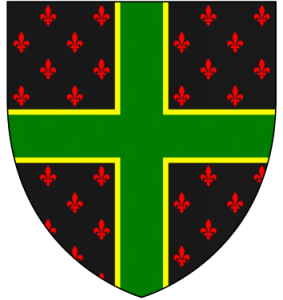A modern Benedictine community bound by Christian worship.
Our Mission
Our community is open to all Christians who are called to a life of prayer and service to others. The community is made up of both lay Christians as well as ordained Priests and includes membership overseas. Christians who are not members of the National Catholic Church of the UK and Ireland are most welcome to join us, although Vocations and ordinations are handled by the NCC UK&I and their vocations officer. Our community aim is to live a realistic life of prayer whilst also working full time in the community and supporting family life. We use the rule of St Benedict as a guideline to living a life of prayer and devotion to God.
Lay members of our community first go through a time of discernment, this time the member of the community is called a ‘Postulant’. During this time of discernment we can truly reflect upon what God is calling us to do. This time is spent in close communication with other members of the community as well as the NCC UK&I Priests.
After this time of discernment has passed the new member of the community will be installed as a Novice. From this point the new member will be permitted to wear our habit if so desired. For those members where this is not practical or desired, they will be invested with the wooden cross of our community that should always be worn. In addition, at this time the new member of the community will take his initial vows.
Then will follow an undefined amount of time where the Novice will take part in the committal to daily prayer, obedience of the rule and continued development in our work.
Once the community is satisfied the Novice will be invited to take the profession of his chosen vows. The Novice will be accepted as a Monk within our community and then if he is called, may continue with the NCC UK&I to Priesthood.
Our History
The NCC is a Catholic community outside the institutional church, dedicated to taking the message of a God of Love sitting on a throne of Grace to the whole world. Guided by our Archbishop (who along with all our clergy has been validly ordained with apostolic succession), we celebrate the sacraments of the church just as other Catholics do.
Where we differ is that we do not exclude people from the sacraments. We recognise and embrace the diversity that is found in the world today. The diversity that has always been there: but often rejected by the institutional church.
